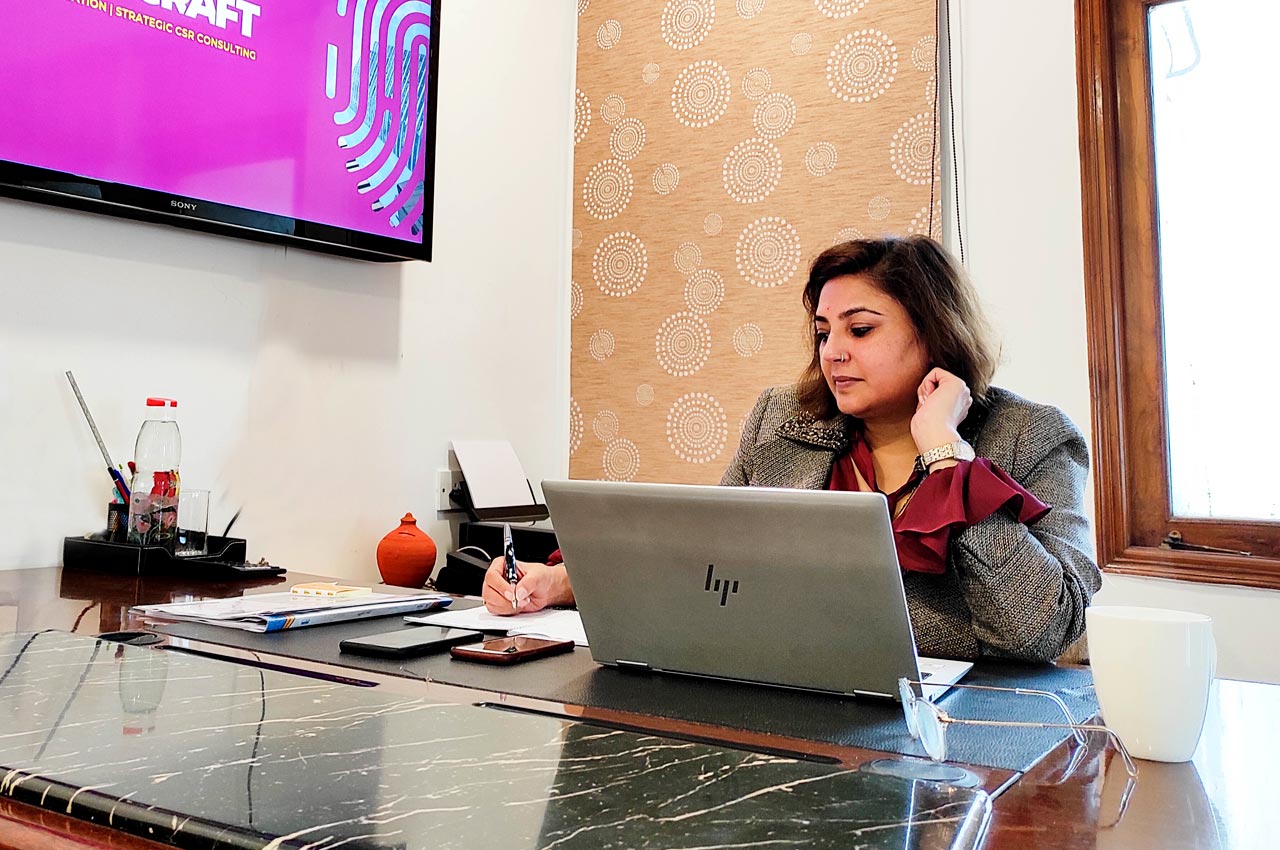The internet has transformed our lives in ways unimagined. It has opened up the vast possibilities of cyberspace, democratised knowledge and markets, helped trade and commerce, to name a few aspects. It has certainly empowered people and handed them tools of progress. Overall, the internet has brought enormous benefit to the human race. But it has also bred a new type of criminal—cybercriminals.
These are people who lurk in the shadows of the internet to prey on unsuspecting victims. They swindle money, they stalk, they steal personal data for selling in the dark corners of the internet, which are mostly hidden from us, and infect phones and computers, among other things. With each passing year, the incidence of cybercrime keeps rising. And India has emerged as one of the hotspots of cybercrime.
As this month’s cover story reveals, cybercrime in India has shot up by more than 300% in the past four years, according to data published by the National Crime Records Bureau. These are just the reported cases. In many instances, cybercrime victims are hesitant to report the incidents to police, which means the unofficial number of cybercrimes committed in India could be much higher. With the increase in cybercrime and cyberattacks on critical infrastructure, the government is pushing for greater surveillance, as the latest directive issued by the Ministry of Electronics and Information Technology proves. The net result is that ordinary Indians are trapped in the middle as both sides escalate their attempts to capture ever more personal data.
In this issue we have also written about a wonderful experiment that was started in remote Tilonia in Rajasthan almost three decades ago to bring solar power to doorsteps. Today, the women of this village have shown that it’s possible to drive bottom-up development models without resorting to grand infrastructure projects.
We have also examined the critical need for India to invest in carbon capture technologies to meet the net-zero target by 2070. Both government and industry have a critical role to play to achieve the environmental goal. Apart from that we have also highlighted the plight of Anganwadi workers who are key in delivery of the Integrated Child Development Services.
Hoping these stories resonate with you. Do send us your feedback.
Sumi Gupta
EDITOR-IN-CHIEF


























